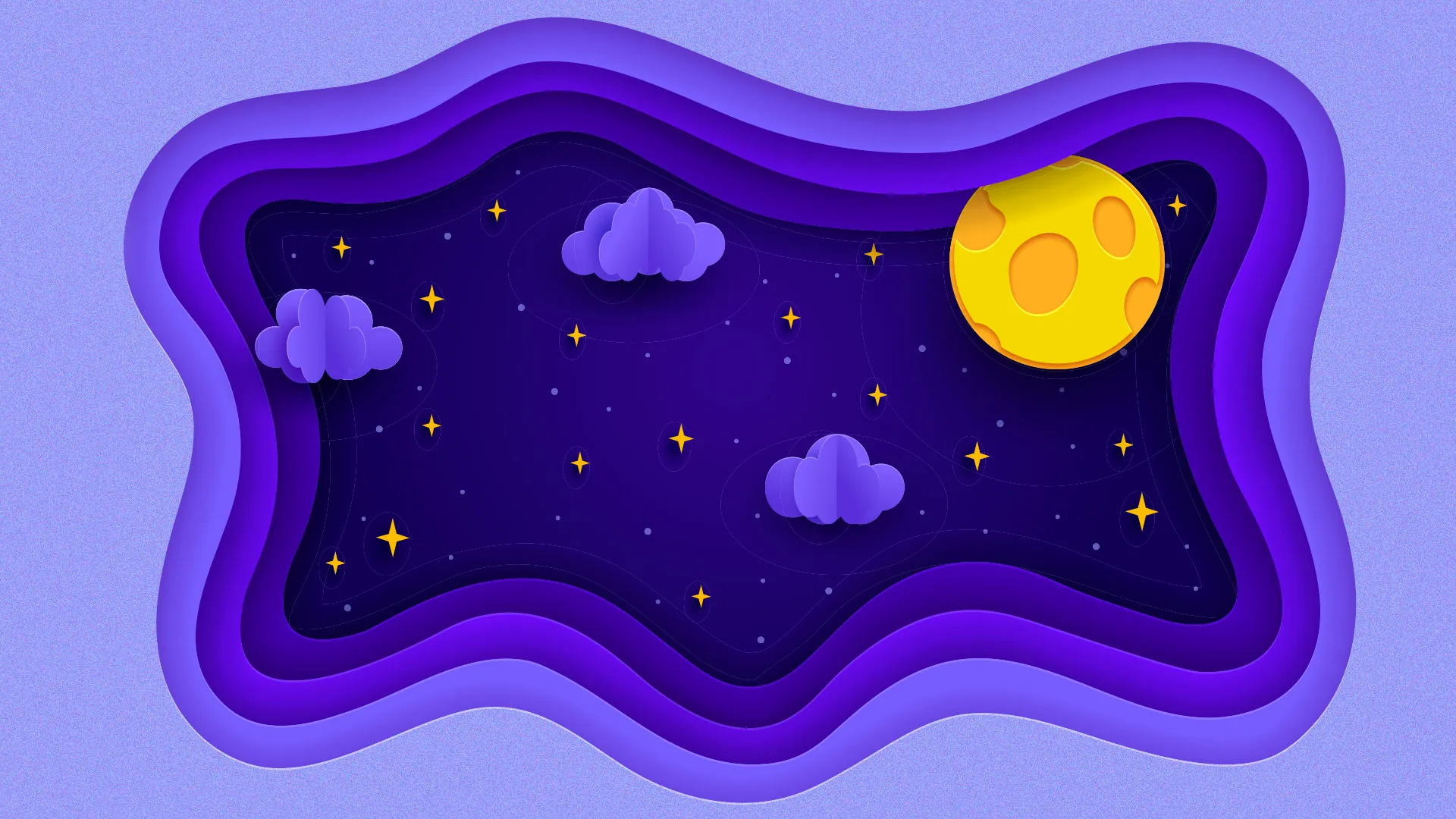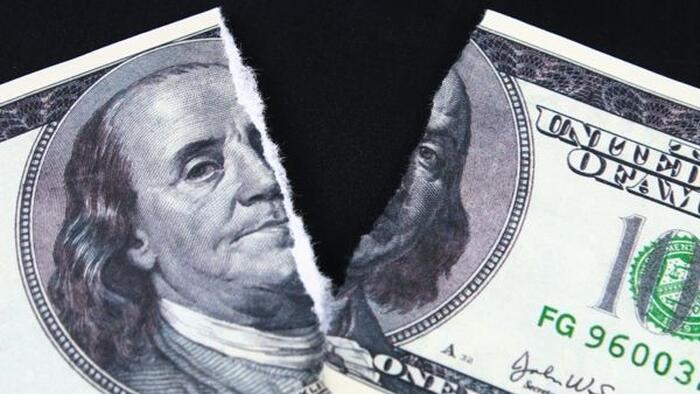Copyright gqindia

Now that we have wearables tracking our every move, a lot of us can look at stats that supposedly tell us how well we’ve slept the night before. But sometimes, it can feel like your sleep tracker is lying to you. Despite a solid sleep score, you don’t feel the least bit energised for the day. That could be a sign that you’re not getting enough of a specific sleep stage known as slow wave sleep. While REM sleep (the last part of the sleep cycle and where most of our dreaming happens) tends to be the most well-known of the sleep stages, sleep doctors we talked to say that getting enough slow wave sleep shouldn’t be overlooked. Also known as “deep sleep,” slow wave sleep is crucial for staying healthy and feeling rested. We talked to sleep doctors about the tell-tale signs of not getting enough deep sleep and what to do about it. What is deep sleep? There are two primary sleep phases: rapid eye movement (REM) and non-rapid eye movement (NREM). According to the National Sleep Foundation, NREM is divided into three stages: N1 (the lightest stage of sleep), N2 (the second stage of sleep, when the body starts to relax more deeply), and N3 (the deepest and most restorative sleep stage). N3 is when deep sleep (or slow wave sleep) takes place. “Slow wave sleep is the deepest part of non-REM sleep,” says Avinesh S. Bhar, MD, a sleep medicine doctor and founder of Sliiip, a sleep and pulmonary medicine telehealth company. He says that it’s also the sleep stage that it’s hardest to wake someone up from—even more than REM sleep. Dr. Bhar explains that a typical sleep cycle (experiencing every phase and stage of sleep), takes about 90 minutes. The average person goes through the whole sleep cycle between four to six times a night. There’s a lot of important work that happens during deep sleep. Dr Bhar says that deep sleep supports metabolic health, which includes insulin sensitivity and appetite regulation. Research published in Psychoneuroendocrinology shows that not getting enough deep sleep leads to higher production of the hunger hormone ghrelin and lower levels of the satiety hormone leptin. So if you find that you’re overconsuming calories, it could be because you’re not getting enough deep sleep. Besides supporting metabolic health, Dr. Bhar says deep sleep plays a crucial role in immune system regulation, which is important for staying healthy. As a scientific article published in the European Journal of Physiology explains, deep sleep is a key time for immune system learning, which includes knowing how to recognize and remember inflammatory invaders. This helps support long-term immune health. On top of that, Dr. Bhar says that deep sleep impacts mood; not getting enough is linked to higher rates of depression, according to a 2019 study published in Psychological Medicine. There are also some overlapping tasks taking place during both deep sleep and REM. Anne Marie Morse, DO, a neurologist, sleep medicine specialist, and founder of DAMM Good Sleep, explains that consolidating memories also happens during both of these sleep stages. Deep sleep is also when a lot of neurodevelopment takes place and the growth hormone is produced, says Dr. Morse, adding that kids spend more time in deep sleep than adults because they are literally growing and learning while they sleep. The longest deep sleep stage happens at the beginning of the night, with each deep sleep stage gradually getting shorter with each cycle, says Roger Washington, MD, FAAFP, the medical director and founder of the Sleep to Live Well Foundation, crediting the body’s innate ability to intuitively work so efficiently. “If you were designing a system, wouldn’t you want to do the most important work first in case you weren’t going to get enough sleep?” he says. What are the signs of deep sleep deprivation? There are some tell-tale signs that you’re probably not getting enough deep sleep, none of which your sleep tracker can tell you. As previously mentioned, if you find yourself overconsuming calories, this is one sign, a symptom of the hunger hormone ghrelin being kicked into overdrive. Because slow wave sleep is the only sleep stage that repays sleep debt (a.k.a. the cumulative amount of sleep lost over time), a simple nap might not be enough to get you back on track “Repaying sleep debt is not a one-to-one recovery. Sleeping in for an extra hour doesn’t make up for staying up late an extra hour. It depends more on how much deep sleep you’re getting,” she says. Because of this, she says that if you wake up and feel like you’ve been hit by a truck, it’s because you haven’t gotten enough deep sleep; you’re still in the red, sleep-wise. Ditto if you’re relying on stimulants to get through the day. If you find yourself feeling more moody or depressed than typical, Dr. Washington says this is another sign you may not be getting enough deep sleep. On top of that, he says your cognition may not be as good. How to get more deep sleep If you can relate to these signs a little too much, here are four ways to fix it and get more deep sleep, according to the experts. 1. Make sure your sleep hygiene bases are covered Yes, you’ve heard repeatedly that you shouldn’t consume caffeine late in the day and that alcohol and screen time are sleep’s enemies. But that doesn’t mean the basics of sleep hygiene aren’t important. “Many of the things that influence our quality of sleep and how well we cycle [through the sleep stages] are related to what we’re eating and drinking during the day and how much caffeine we’re having close to bedtime,” Dr. Morse says. Dr. Washington says mental well-being is important too. If you don’t have a good way to manage stress or process your emotions, it will impact your sleep, including deep sleep. Beyond diet, avoiding screens before bedtime, and stress management, Dr. Bhar says it’s important that your room is dark and cool, which is the best environment for sleeping. 2. Go to bed earlier Remember, deep sleep is so important that the body will prioritize it if you need more of it. For this reason, Dr. Washington says that it can help to go to bed earlier than you are currently. This will help your body prioritize the deep sleep you’re missing out on. If you find yourself yawning in the evening, Dr. Washington says this is the body’s way of telling us it’s tired and it’s time to head to bed. It’s something most first graders could tell you, but as adults, we often ignore it. 3. Rule out any underlying conditions Obstructive sleep apnea (a medical condition that disrupts sleep) is way more common than people realize, particularly for men, says Dr. Morse. In the U.S., 25 to 30% of men have obstructive sleep apnea. Obstructive sleep apnea can get in the way ofdeep sleep because the breathing interruptions lead to waking up throughout the night, constantly interrupting the sleep cycle, says Dr. Bhar If you consistently wake up with that hit-by-a-truck feeling or are constantly fatigued, Dr. Morse recommends making an appointment with a sleep doctor to find out if you have it. 4. Consider your meds Dr. Morse says that a lot of people don’t realize how many different medications can impact sleep, including deep sleep. A big one, she says, is beta blockers, which are used to treat high blood pressure or migraines. “They can decrease melatonin, which influences the sleep cycle,” she says. Antidepressants also impact how much deep sleep someone gets, according to Dr. Morse Whether they can help or hinder deep sleep depends on the drug and the person. Consider speaking to your doctor if you suspect they’re working against your ability to sleep. Simply put, you can’t function if you consistently don’t get enough deep sleep. You’re going to be moody, hungry, and too mentally slow to understand what’s happening on Task. So get to the bottom of what’s keeping you up, even if it means skipping that nightcap and an embarrassingly early bedtime.



